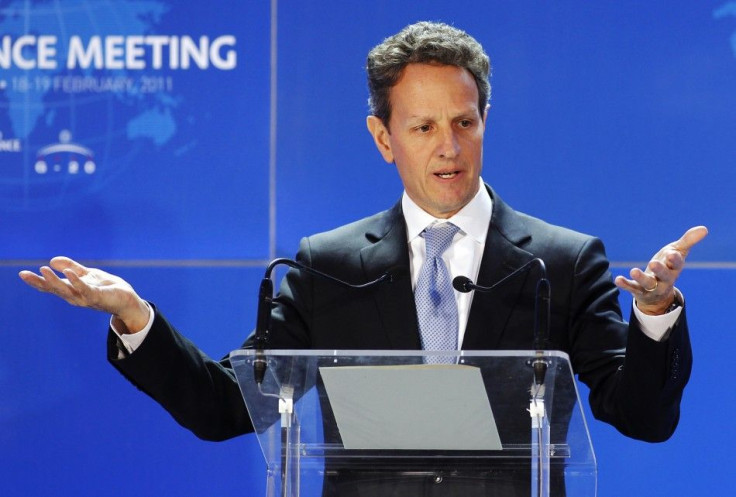G20 communiqué fluffs over inflation issue

The G20 Meeting of Finance Ministers and Central Bank Governors Communiqué, released on February 19 from France, doesn’t contain the word inflation. Not even once.
It briefly mentioned the “signs of overheating” in certain developing countries. Regarding food inflation, it stated the need for “long-term investment in the agricultural sector in developing countries.” That’s all it said about the inflation issue.
However, inflation in emerging market economies and in commodities is arguably the biggest development in the global economy since the last G20 meetings at Seoul, South Korea.
Most notably, China has become decidedly more aggressive in tightening monetary policy in response to accelerating inflation. India has continued on its path of rate hikes.
Meanwhile, food inflation is a big reason for the major unrest around the developing world, including the toppling of regimes in Egypt and Tunisia.
Inflation is a growing phenomenon in the developing world. Moreover, there are incipient signs that it’s creeping into Europe and may later hit the United States.
Why does inflation matter for policy makers and the global economy?
The major impact is what policy makers must do in response to it, which is raising interest rates and tightening monetary policy.
As that happens, the world economy will be put do the test, and what will be revealed is whether it can sustain growth without the extraordinary support of unprecedented liquidity.
A second scenario is that inflation doesn’t respond to monetary tightening and spirals out of control.
Instead of inflation, what did the G20 communiqué talk about?
The predominant theme is still global trade imbalance, which does matter, but it indicates that global leaders are still thinking about the issues that caused the financial crisis, instead of the issues in the aftermath of it.
Policy makers are often criticized for being too slow and addressing issues of the past instead of the problems of the present and future. If they want to stop this misguided practice, perhaps they can start by jumping on the incipient issue of global inflation.
Email Hao Li at hao.li@ibtimes.com
Click here to follow the IBTIMES Global Markets page on Facebook.
Click here to read recent articles by Hao Li.
© Copyright IBTimes 2024. All rights reserved.











